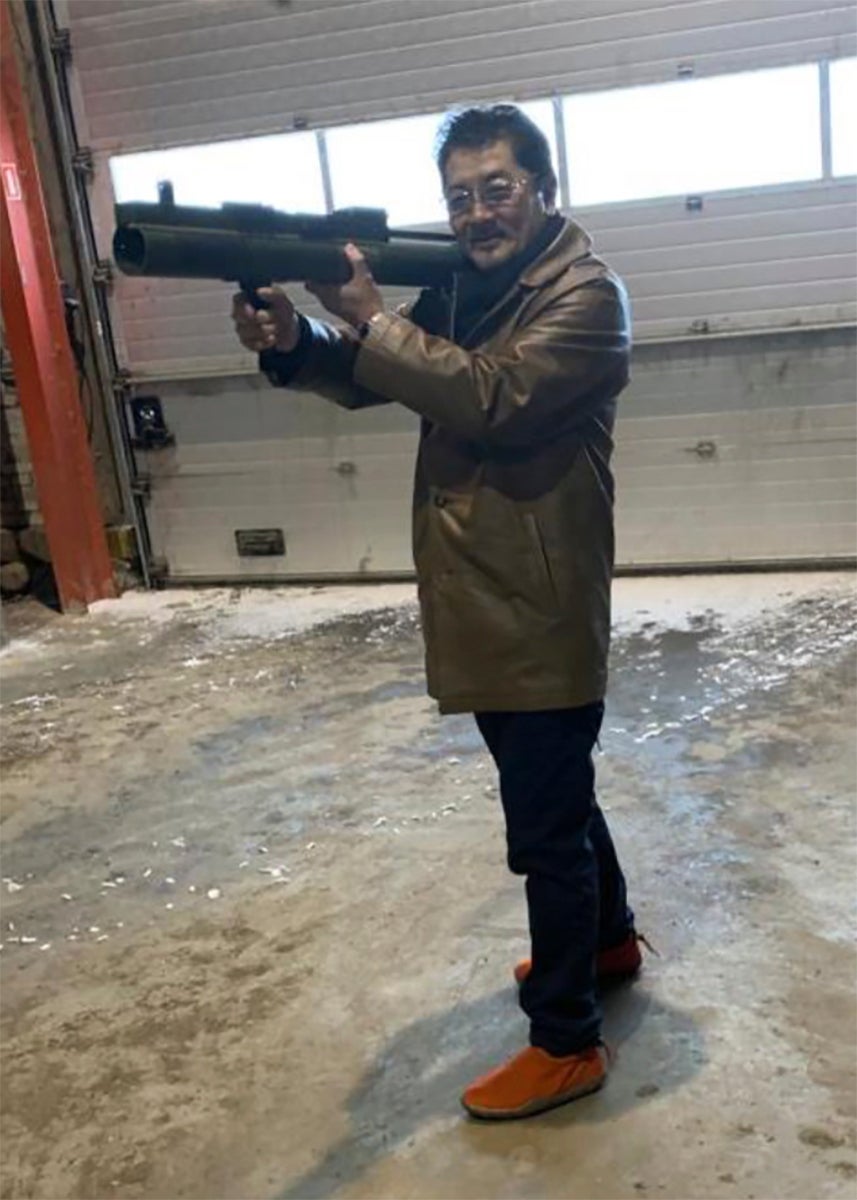Feds accuse alleged Japanese crime boss of conspiring to traffic nuclear material
Federal prosecutors say a leader of a Japan-based crime syndicate conspired to traffic uranium and plutonium from Myanmar in the belief that Iran would use it for nuclear weapons

A leader of a Japan-based crime syndicate conspired to traffic uranium and plutonium from Myanmar in the belief that Iran would use it to make nuclear weapons, U.S. prosecutors alleged Wednesday.
Takeshi Ebisawa, 60, and his confederates showed samples of nuclear materials that had been transported from Myanmar to Thailand to an undercover Drug Enforcement Administration agent posing as a narcotics and weapons trafficker who had access to an Iranian general, according to federal officials. The nuclear material was seized and samples were later found to contain uranium and weapons-grade plutonium.
“As alleged, the defendants in this case trafficked in drugs, weapons, and nuclear material — going so far as to offer uranium and weapons-grade plutonium fully expecting that Iran would use it for nuclear weapons," DEA Administrator Anne Milgram said in a statement. “This is an extraordinary example of the depravity of drug traffickers who operate with total disregard for human life.”
The nuclear material came from an unidentified leader of an “ethnic insurgent group” in Myanmar who had been mining uranium in the country, according to prosecutors. Ebisawa had proposed that the leader sell uranium through him in order to fund a weapons purchase from the general, court documents allege.
According to prosecutors, the insurgent leader provided samples, which a U.S. federal lab found contained uranium, thorium and plutonium, and that the “the isotope composition of the plutonium” was weapons-grade, meaning enough of it would be suitable for use in a nuclear weapon.
Ebisawa, who prosecutors allege is a leader of a Japan-based international crime syndicate, was among four people who were arrested in April 2022 in Manhattan during a DEA sting operation. He has been jailed awaiting trial and is among two defendants named in a superseding indictment. Ebisawa is charged with the international trafficking of nuclear materials, conspiracy to commit that crime, and several other counts.
An email seeking comment was sent to Ebisawa's attorney, Evan Loren Lipton.
U.S. Attorney Damian Williams said Ebisawa “brazenly” trafficked the material from Myanmar to other countries.
“He allegedly did so while believing that the material was going to be used in the development of a nuclear weapons program, and the weapons-grade plutonium he trafficked, if produced in sufficient quantities, could have been used for that purpose,” Williams said in the news release. "Even as he allegedly attempted to sell nuclear materials, Ebisawa also negotiated for the purchase of deadly weapons, including surface-to-air missiles."
The defendants are scheduled to be arraigned Thursday in federal court in Manhattan.